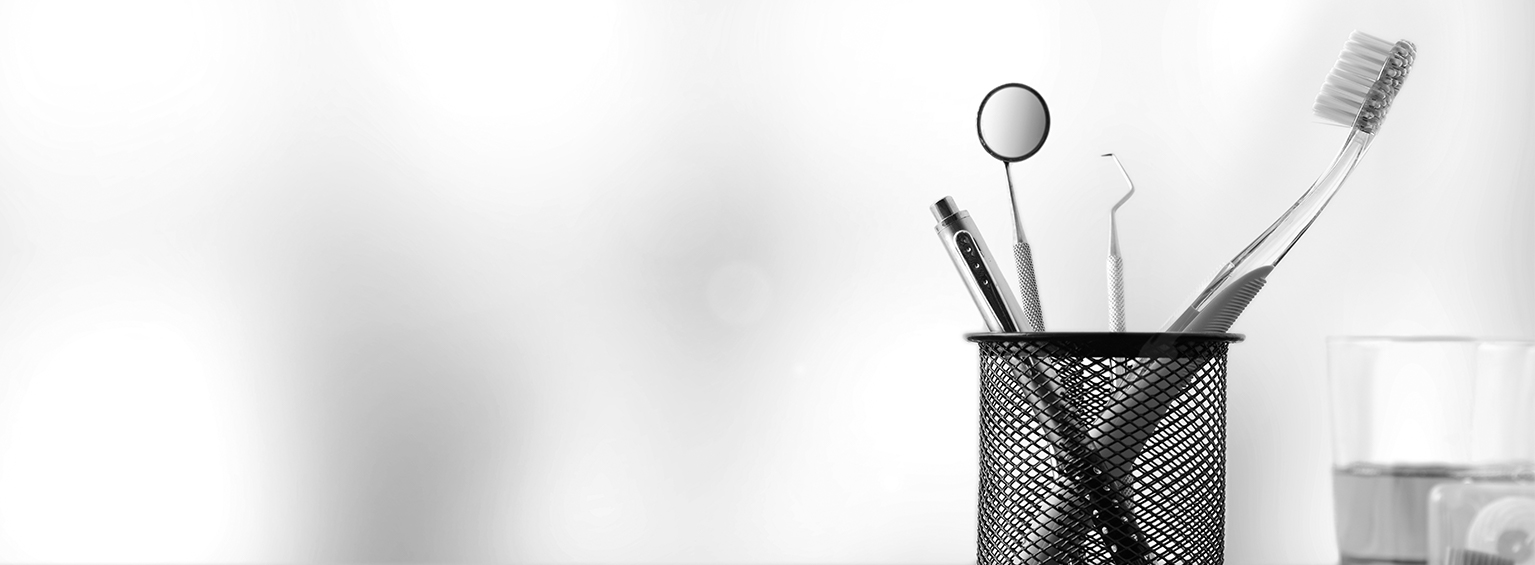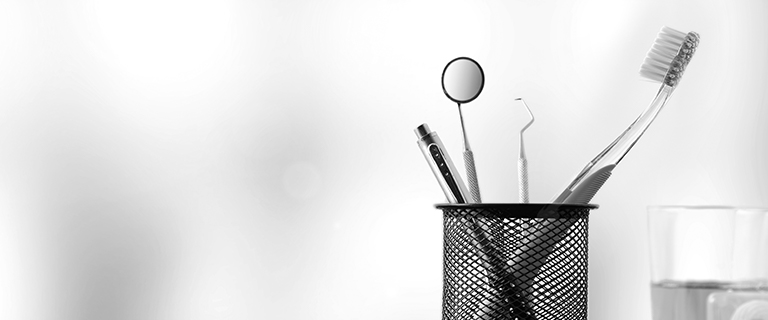Having an implant fitted seems complicated – is it?
The entire procedure is performed at the clinic and tends to be simpler than most patients imagine. The majority of implant recipients resume their usual activities within a few days following their procedure, often even on the same day.
Following a detailed examination and a 3D X-ray, we will present you with a treatment plan including various possibilities. You can discuss these with the implantology team and ask them any questions you may have in order to make the best decision. The fitting procedure involved in getting implants requires several steps, spread out over a period generally lasting three to nine months.
Seeing as dental implants require considerable bone mass in order to be hard-wearing, other procedures may be called for before an implant is fitted.
Once an implant has been fitted, four months have to pass for it to be properly anchored and bonded with its surrounding bone. Thereafter, a crown is fitted onto the implant, recreating the external appearance of the tooth. It is this crown that will be used for mastication.
What are the benefits of implants?
Their primary goal is to replace one or many teeth, but implants also offer many other advantages. They:
- Stimulate the bone and in this respect prevent continuous bone loss, brought on by the absence of dental stimulation that occurs when a tooth is extracted.
- Contribute to facilitating mastication, allow patients to get better nutrition, and above all, improve overall health.
- Safeguard against having to cut and use healthy teeth on either side of the edentulous space.
- Increase comfort, given that prostheses are stable and immovable.
Gone are the days when people were afraid of losing their dentures in public or had to use glue and other adhesives to keep them on. Thanks to implants, this has become a thing of the past!
Would you like to know if implants could be a good fit for you? Feel free to contact our implantology team.


